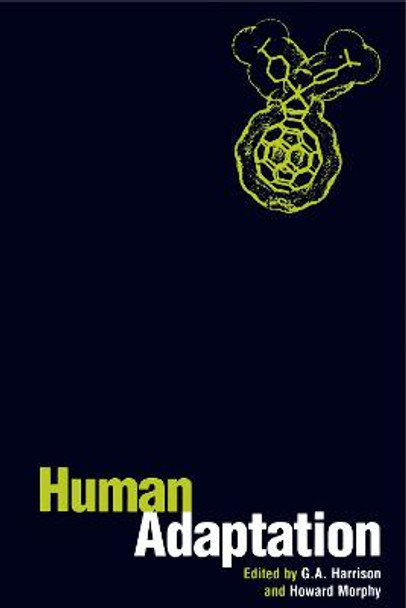One of the problems facing Europe is that the building of institutional Europe and top-down efforts to get Europeans to imagine their common identity do not necessarily result in political and cultural unity. Anthropologists have been slow to consider the difficulties presented by the expansion of the EU model and its implications for Europe in the 21st Century. Representing a new trend in European anthropology, this book examines how people adjust to their different experiences of the new Europe. The role of culture, religion, and ideology, as well as insiders' social and professional practices, are all shown to shed light on the cultural logic sustaining the institutions and policies of the European Union. On the one hand, the activities of the European institutions in Brussels illustrate how people of many different nationalities, languages and cultures can live and work together. On the other hand, the interests of many people at the local, regional and national levels are not the same as the Eurocrats'. Contributors explore the issues of unity and diversity in 'Europe-building' through various European institutions, images, and programmes, and their effects on a variety of definitions of identity in such locales as France, Denmark, the United Kingdom, Ireland and Belgium.
Also available in hardback, 9781859733240 GBP47.00 (January, 2000)About the AuthorIrene Bellier LAIOS-CNRS,Paris Thomas M. Wilson Professor of Anthropology, Binghamton University
Reviews'Will this book succeed in translating anthropology to the apostles and opponents of European integration? It offers a brave programmatic start; one hopes that it will spawn new, grounded research soon to outflank broad generalizations with the insight of rich, ongoing ethnographic engagement.'Anthropos
Book InformationISBN 9781859733295
Author Irene BellierFormat Paperback
Page Count 216
Imprint Berg PublishersPublisher Taylor & Francis Ltd
Weight(grams) 453g






